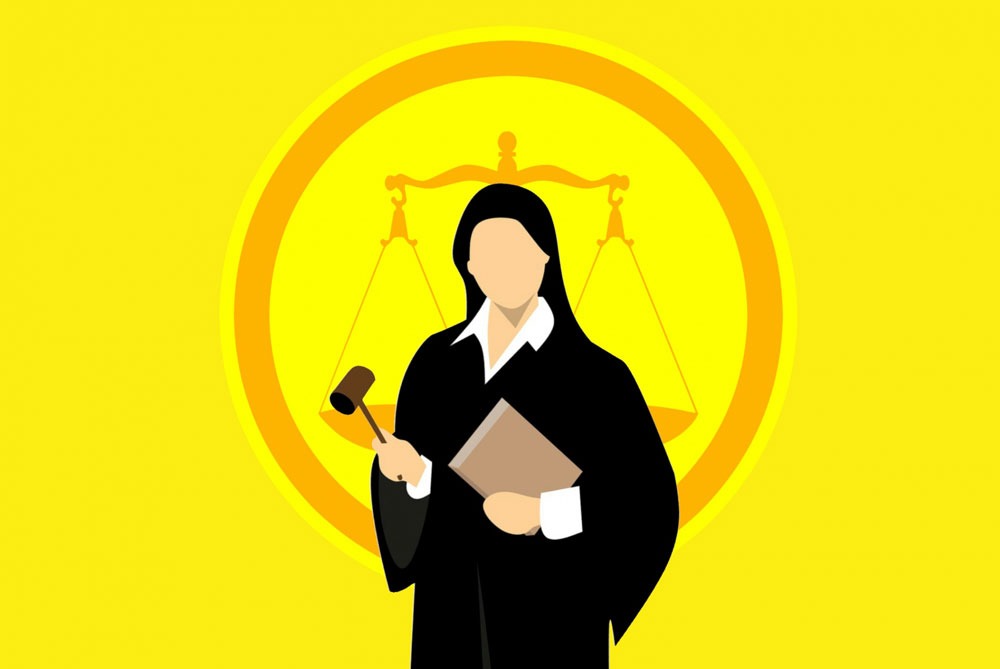
April 23, 2020; Indianz.com
A total of $8 billion in funding was supposed to be allocated to Indian Country under the CARES Act. It was certainly less than the $20 billion Indian Country had sought, but represents a significant infusion of funds nonetheless. How it gets distributed, however, remains in dispute.
Indigenous communities are among the most vulnerable to COVID-19, exacerbated by centuries of inequities and lack of access to basic resources such as water, yet they are drowning now in legal battles against the Trump administration.
The first shock came in early April, when tribal leadership began filing their CARES applications online only to find out that corporations in Alaska were included to be eligible for those payments. Since CARES funds for Native peoples depend on the expanse of tribal land, that would mean that corporations owning land in Alaska would receive half of the $8 billion in funds meant for the pandemic health crisis.
There has also been a delay in the disbursement of funds. Under the CARES Act, the $8 billion were supposed to be distributed no later than Friday, April 24th. Instead, it looks like funds will only be disbursed today. The four-day delay may not seem remarkable but every single day counts, given the daily toll of the COVID-19 pandemic.
Indianz.com reports how critical the delay in CARES funds is to their communities in an interview with Navajo Nation Attorney General Doreen N. McPaul:
The Navajo Nation has been devastated by the COVID-19 pandemic with over 1,200 positive cases and almost 50 deaths….Our Nation’s government is in dire need of support for the critical medical and community needs of our people. We are literally fighting for dollars to save lives.
In response to a dispute about the funding formula, three lawsuits have been filed by tribal governments. The first of these, called Confederated Tribes of the Chehalis Reservation v. Mnuchin, involves twelve Native nations. They had their first hearing last week, on April 23, 2020. The plaintiffs claim the US Treasury is taking advantage of a faulty designation under the Alaska Native Claims Settlement Act (ANCSA) to divert funds meant for indigenous families to corporations.
ANCSA is part of a history of abuse and exclusion toward indigenous peoples in the US. Signed by Congress in 1971 under the Nixon administration, it was used to force Alaskan tribes to give up their land sovereignty claims in this oil-rich part of the country. ANCSA abolished aboriginal land titles and transformed them into for-profit Alaska Native Regional Corporations in exchange for basic social services and making Alaskan Natives shareholders of Alaskan Native Corporation (ANC).
Sign up for our free newsletters
Subscribe to NPQ's newsletters to have our top stories delivered directly to your inbox.
By signing up, you agree to our privacy policy and terms of use, and to receive messages from NPQ and our partners.
In a second lawsuit, Cheyenne River Sioux Tribe v. Mnuchin, filed by the Cheyenne River Sioux, the Oglala Sioux, and the Rosebud Sioux Tribes based in South Dakota, the plaintiffs asked for a temporary restraining order and preliminary injunction to block the US Treasury from distributing any of the $8 million to ANCSA corporations.
The third lawsuit, Ute Indian Tribe v. Mnunchin, came April 23rd, filed by the Ute Tribe of the Intah and Ouray Indian Reservation in Utah. Plaintiffs detailed all the additional costs the tribe has had to absorb due to COVID-19. These include paid administrative leave for non-essential employees, at a cost of $750,000 in basic wages, excluding benefits, every two weeks. There’s also over $2.6 million in emergency assistance for disaster relief, which does not include basic meals for children and elders, increased sanitation services, or policing, among other expenses. To be clear, these are expenses for just one tribe.
The three cases were consolidated into a single case and a hearing was held last week. At the hearing, Treasury Secretary Steve Mnuchin told US District Court Circuit Judge Amit Mehta that the plaintiffs have not shown “the diminution of funding they stand to receive…will cause them irreparable harm,” according to Law360. Plaintiffs, on the other hand, claimed ANCSA corporations do not qualify as tribal governments, that the US government is trying to redefine their status, and that any CARES funds should only go directly to federally recognized tribes, including 229 tribes in Alaska.
Judge Mehta issued a preliminary injunction in favor of the tribal governments yesterday, according to Law360. With his injunction, the judge prohibited “the Treasury Department from sending any of $8 billion in funding to fight the COVID-19 pandemic to Alaska Native corporations,” but he stopped short of awarding tribes all the money.
The judge added, “To be sure, the more limited remedy could mean that plaintiffs will receive a lesser share of Title V [CARES Act] funds in the short term, if the secretary decides to award some money to ANCs and withholds those payments to comply with the court’s order.… But at least such funds will remain available for later disbursement to federally recognized tribes for coronavirus-related public services, if the court ultimately enters a final judgment in plaintiffs’ favor.”
Preventative measures against the coronavirus epidemic are an economic burden in Indian Country, which will only worsen with time. Every day the US Treasury delays CARES payments to federally recognized tribes, COVID-19 will claim more lives. It’s a story that, sadly for Native people, has been repeating itself for centuries. Indianz.com quotes Chairman Harold Frazier of the Cheyenne River Sioux Tribe, saying:
Our people have never fully recovered from the punishment and negligence of the United States government….We were forced to stay on our now much diminished reservations without the promised and treated-for support of the federal government…The supplies came late, if ever, and were often spoiled and contaminated.
—Sofia Jarrin-Thomas












